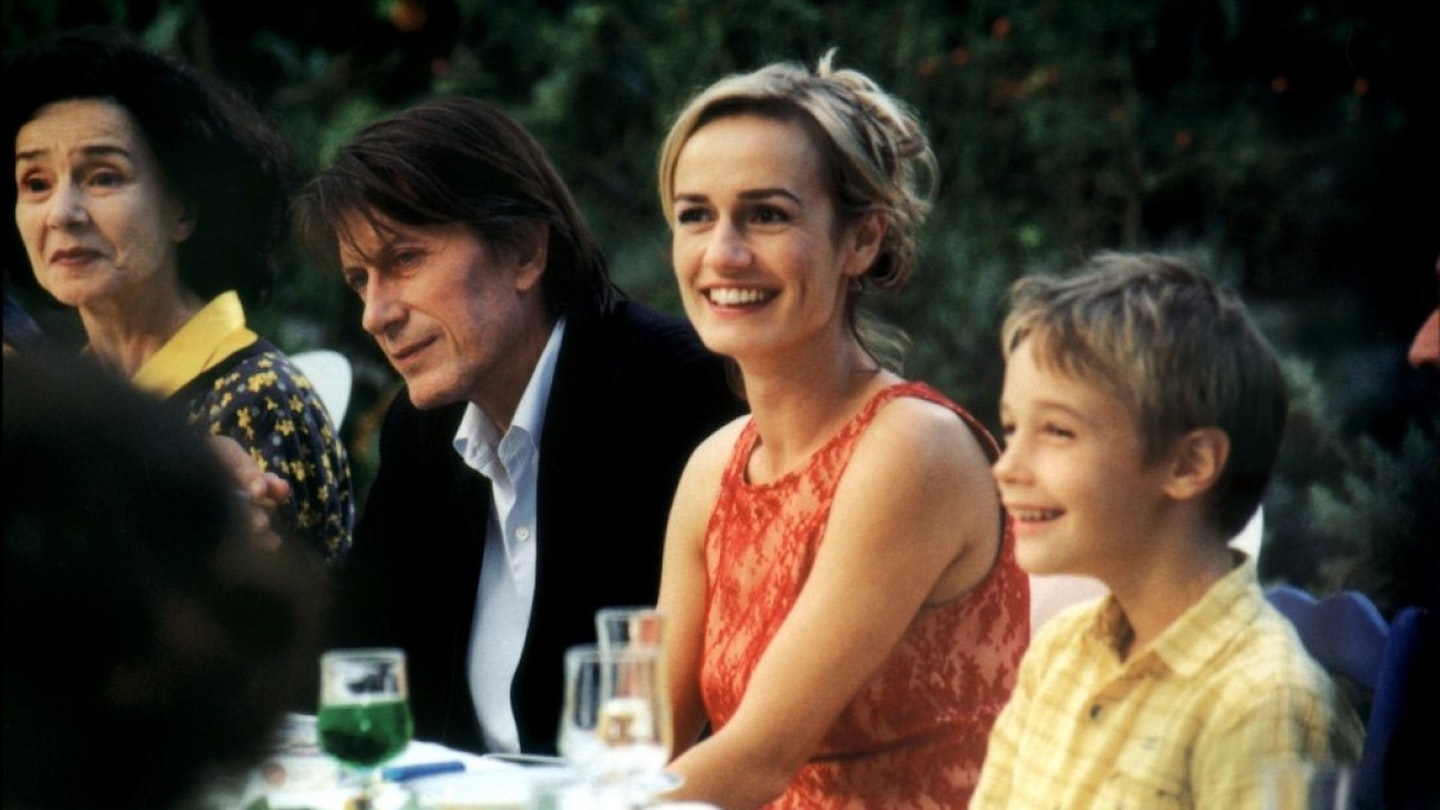After her disastrous foray into the American cinema with A Man In Love, Diane Kurys returned to the territory with which she made her reputation: her memories of a French childhood, darkened by the parental descent into divorce.
Completing a trilogy that began with the charming Peppermint Soda and progressed with the memorable Coupe De Foudre (At First Sight), C'est La Vie deals with the annual August seaside holiday of a Lyons family. This year, however, 13-year-old Frederique (Bataille) and six-year-old Sophie (Lefranc) are sent ahead with their with their governess because Mama (Baye) is off in Paris rearranging their future, which, unknown to anyone else, includes leaving her husband. She eventually turns up, as does her young artist lover, and finally, her unfortunate husband, and the family drama is played out amidst sardine suppers with their happy family of cousins and cavortings among the sandcastles.
It is almost impossible to describe the film. Its territory is familiar but every little incident, like a fragment in a mosaic, is fresh and surprising. The acting is superb throughout, the direction is sure, and beneath the surface of daily events - quarrels with the governess, the adoption of a stray dog, children's games, and the subtle birth of youthful sexual awareness to name a very few - Kurys sensitively charts the gulf between the adult and childhood worlds: despair, deceit and self-delusion on the one hand, optimism, honesty and disappointment on the other. C'est La Vie.
